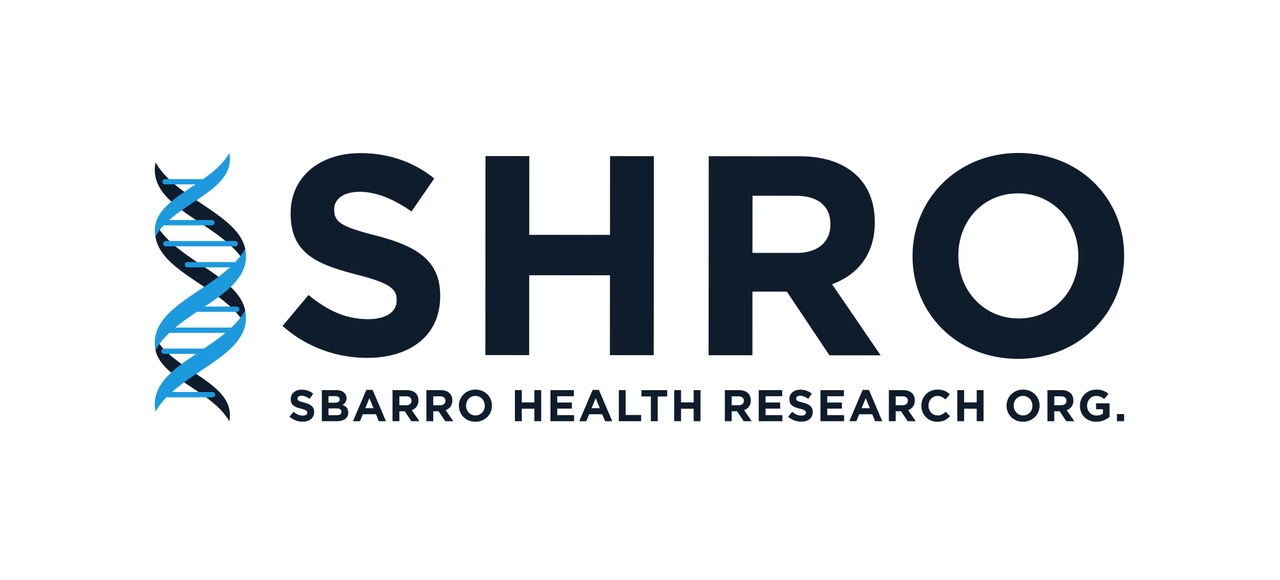“It is not a problem connected to “the Sputnik V” vaccine itself,” argues Prof. Enrico Bucci, adjunct professor in the Department of Biology, Temple University, and senior staff member of the Sbarro Health Research Organization (SHRO). “It is a problem connected to the way results are documented, data are provided, and scientific journals react to observations coming from the global researchers' community.”
This is why the May 8th issue of the prestigious British Medical Journal featured a cover story revolving about the role of another prestigious journal, The Lancet, in promoting the clinical research purportedly documenting the safety and efficacy of the covid vaccine "Sputnik V".
Bucci is acknowledged as one of the first researchers raising the alarm about inconsistencies, potential problems, and the lack of access to the primary data, pointed out by Chris Van Tulleken, honorary associate professor at the UCL in London.1 In a related opinion piece in the same issue of BMJ, another international researcher, Dr. Vasiliy Vlassov2 also points out the critical role played by prof. Enrico Bucci in uncovering the problems related to the Sputnik V publications, but it is important to note that several international researchers joined forces to publish a first letter3 on The Lancet detailing their concerns on the phase 1/2 trial of the Sputnik vaccine previously published by The Lancet.
On May 12th, The Lancet published a second letter,4 where again prof. Bucci and several other internationally renowned experts brought to the community's attention further concerns, this time on the published phase 3 trial of the Russian vaccine. Together with the BMJ cover story, both the Letters published by The Lancet document in full details both the problems in the published trials and the problem in the revision process, which let pass two articles that were already corrected three times, yet without providing any access to the data needed to verify the claims made by the authors.
“The Sbarro Health Research Organization congratulates prof. Bucci for these important achievements in the battle for keeping high standards in published biomedical research,” says prof. Antonio Giordano, M.D., Ph.D., Founder and President of SHRO. “Our scientists are very committed to research integrity, as we believe it is the responsibility of the entire scientific community to improve the overall quality of the published scientific record.” Giordano concludes.
Sources:
- van Tulleken C. Covid-19: Sputnik vaccine rockets, thanks to Lancet boost. BMJ. 2021;373:n1108. doi:10.1136/bmj.n1108
- Vlassov V. Sputnik V and Russia’s covid-19 vaccine race - The BMJ. BMJ (Online). https://blogs.bmj.com/bmj/2021/05/06/vasiliy-vlassov-sputnik-v-and-russias-covid-19-vaccine-race/. Published 2021. Accessed May 14, 2021.
- Bucci E, Andreev K, Björkman A, et al. Safety and efficacy of the Russian COVID-19 vaccine: more information needed. Lancet. 2020;396(10256):e53. doi:10.1016/S0140-6736(20)31960-7
- Bucci EM, Berkhof J, Gillibert A, et al. Data discrepancies and substandard reporting of interim data of Sputnik V phase 3 trial. Lancet. 2021;0(0). doi:10.1016/S0140-6736(21)00899-0
About the Sbarro Health Research Organization (SHRO)
The Sbarro Health Research Organization is a non-profit charity committed to funding excellence in basic genetic research to cure and diagnose cancer, cardiovascular diseases, diabetes and related chronic illnesses and to foster the training of young doctors in a spirit of professionalism and humanism (www.shro.org)
Journal Link: The BMJ Journal Link: The BMJ Journal Link: Lancet Journal Link: Lancet
